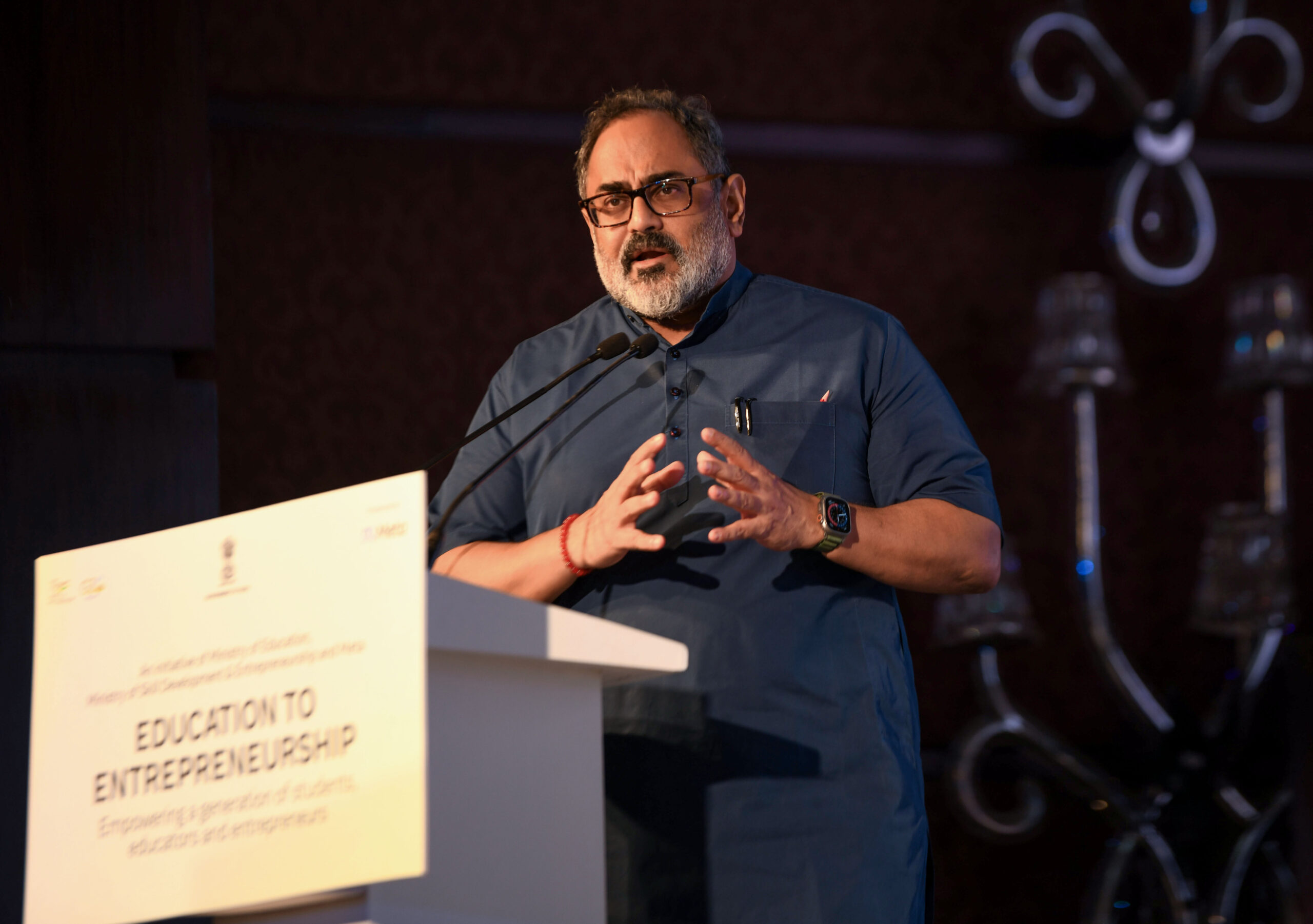Digital Public Infrastructure (DPI), according to Union Minister Rajeev Chandrasekhar, is a potent tool for inclusion, particularly for nations in the global south.
Rajeev Chandrasekhar stated in a statement to the media about the important outcomes of the conference of the ministers of the digital economy that “DPIs, for the first time ever, reached a worldwide consensus and what ought to be their definition, framework, and principles. In the backdrop of the G20, this fascinating topic has picked up steam. As a country that used and applied technical means for development and growth, India is now a case study.
“Countries that have lagged behind increasingly see this as a way to follow India’s lead in DPIs, an open-source digital infrastructure, and use it to create the same impact that India has. Through these G20 conversations, we have further understood how DPIs are a powerful mechanism for inclusion, especially for countries in the global south,” the Minister added.
Rajeev Chandrasekhar said that the consensus between nations focused broadly on three key areas – Digital Public Infrastructure, Cybersecurity and Digital Skills.
India has entered into eight Memorandums of Understanding (MoUs) with countries such as Armenia, Sierra Leone, Suriname, Antigua, Barbados, Trinidad and Tobago, Papua New Guinea, and Mauritius, offering them the India Stack and DPI at no cost and with open-source access. These nations now have the opportunity to adopt and utilize these resources within their borders, further developing their unique innovation ecosystems.
Apart from DPIs, the Union minister spoke about how nations have prioritized cybersecurity as well, emphasizing its importance for a fast-paced growing economy.







